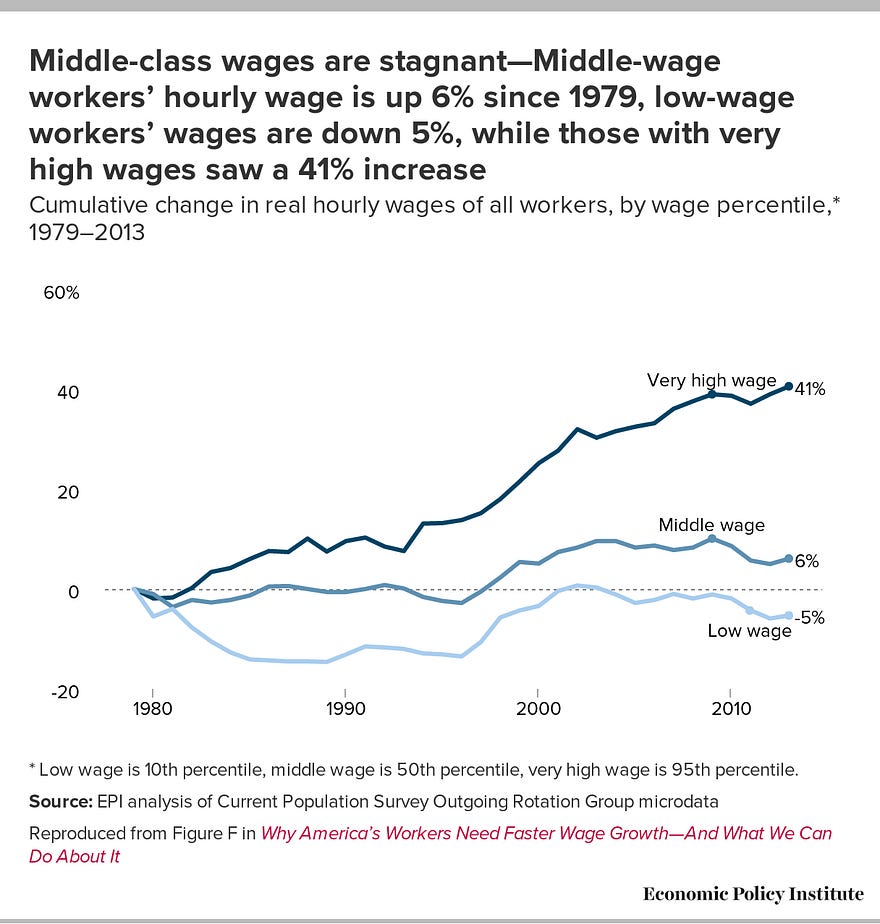Streamlit and MongoDB: Storing Your Data in the Cloud...
... and Should You Be an AI Luddite?
I’m looking at a couple of things, today. First, storing Strreamlit data in the cloud using MongoDB and, second, did the Luddites have a point and are their ideas relevant to the new AI revolution?
Here is a link to the first article on Medium; the second, complete article, follows.
Streamlit and MongoDB: Storing Your Data in the Cloud
Streamlit Cloud has no local storage so data created is lost when the app terminates — unless you use third-party storage like MongoDB
Streamlit lets you deploy your public apps to their cloud for free, but any files or databases you create locally will cease to exist when the app finishes.
Are you an AI Luddite? Should you be?
I’m not suggesting that you take up cudgels against AI but the onset of this new industrial revolution has eery echoes of the original one and maybe we should take notice of that.

Poor old Ned Ludd¹ gets a bad press which, in all honesty, is not very fair.
It’s true, of course, that in the early 1800s during the British industrial revolution, the Luddites — a social movement of skilled textile workers — protested against the mechanization of textile production by destroying new technology.
But it wasn’t the technology as such that bothered them. It was the way it was used to produce goods of inferior quality, drive down wages and worsen working conditions for those who operated the new steam-powered machines.
Indeed, John Booth, a 19-year-old apprentice who was party to an attack on a textile mill in April 1812 is quoted as saying that the technology “might be man’s chief blessing instead of his curse if society were differently constituted”². That is to say that new technology could be used to benefit ordinary citizens if it were deployed correctly.
But it wasn’t. The new steam mills in England’s industrial towns destroyed livelihoods, reduced wages and created appalling working conditions for the factory workers. And at the same time, vast fortunes were accumulated by the owners of the new mills.
These days, if you call someone a Luddite it means that they are someone who is against technology because they are ignorant of it or that they simply don’t understand it. Or indeed that they have the temerity not to fully embrace the unfettered wishes of tech billionaires. This is to misunderstand and misrepresent Ludd’s followers.
The new industrial revolution
The lost livelihoods, worsening working conditions and the accumulation of vast fortunes of the original industrial revolution chime a little with modern times, don’t they? The gig economy — which is generally based on new technologies — doesn’t exactly represent the pinnacle of workers’ employment conditions. And as we can see from the chart below from the US think tank, the Economic Policy Institute, average wages for most people (in the US) have been pretty much stagnant for several decades (during which time new technologies have been extensively deployed).
Yet we also see that the best-paid workers are being paid better and the days of the super-rich tech entrepreneurs probably began at around the same time as the chart above at a time when Bill Gates — the first tech billionaire — was one of the richest people in the world.
The parallels are not exact, of course, and generally speaking, working people in Western countries are not suffering the abject poverty and dangerous working conditions of the British mill workers in the 19th century.
But there seems to be merit in considering the way new technologies and AI are deployed and what effect they will have on society, as a whole. They will almost certainly benefit the entrepreneurs, but what about the rest of us?
In the book Power and Progress³, economists Daron Acemoglu and Simon Johnson suggest that technological progress is able to produce prosperity for the many but there is no guarantee that this will happen quickly, or indeed at all.
Indeed they state:
“Textile factories of the early British industrial revolution generated great wealth for a few but did not raise worker incomes for almost a hundred years,”
Let’s not do that again, eh?
I don’t know what the answer is, except that I can’t feel terrifically comfortable about just letting the tech leaders get on and do their own thing — that’s what happened last time.
Thanks for reading. I usually write about more technical stuff, programming, data visualisation and such. You can see more of my work on my website.
Notes
Although Ned Ludd was said to be a weaver from Nottingham, England, who allegedly destroyed a knitting frame in a fit of rage, there is little evidence of his existence it is quite possible that he was an entirely fictional character invented as a figurehead for the Luddite movement.
What neo-Luddites get right — and wrong — about Big Tech by Tim Harford in the Financial Times, 26th May, 2023
Power and Progress, Daron Acemoglu and Simon Johnson, PublicAffairs, May 16, 2023 (affliate link)

